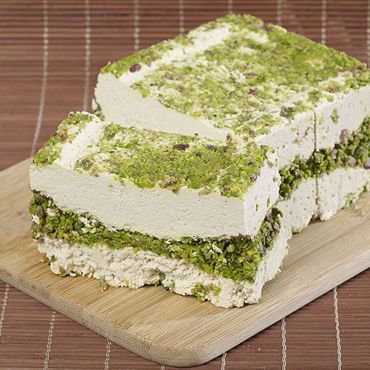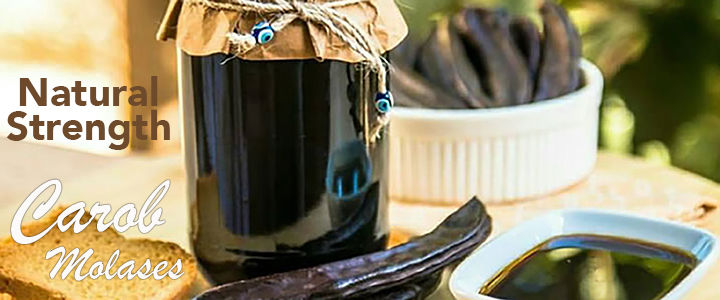English
You have no items in your shopping cart.
Bakkal's Bazaar Shop
ANTEPSAN KEYIFCE Antep Fistikli Fitil Lokum (Rolled Pistachio Lokum) 40g
Turkish delight has always been the most important souvenirs and snacks of Turkish culture; thin roving Turkish delight is also one of the most valuable members of this family. On our site, you can easily find both the most delicious and the best quality and fresh suppository Turkish delight. In addition, the roving Turkish delight varieties on our site are presented to you with an extremely wide range of options. Those looking for more classic flavors as well as fruity and dried nut suppositories can find exactly what they are looking for in this category. At the same time, the quality that our years of experience has instilled in us is uncompromising in roving delight, as in all of our products.
$2.99
EVIL EYE Key Chain Collection #9 (1pc)
The evil eye (Turkish: Nazar, Greek: μάτι mati, "eye"; Hebrew: עַיִן הָרָע; Arabic: عين ayn; Persian: چشم cheshm) is a superstitious curse or legend, believed to be cast by a malevolent glare, usually given to a person when one is unaware. The evil eye is a superstitious curse or legend, believed to be cast by a malevolent glare, usually given to a person when one is unaware. It dates back at least to Greek classical antiquity, 6th century BC where it appeared on Chalcidian drinking vessels, known as 'eye cups', as a type of apotropaic magic.
$4.99
ANTEPSAN Hurrem Keyifce Sutlu Fitil Lokum w/Pistachio 400g
Turkish delight or lokum is a family of confections based on a gel of starch and sugar. Premium varieties consist largely of chopped dates, pistachios, hazelnuts or walnuts bound by the gel; traditional varieties are often flavored with rosewater, mastic gum, bergamot orange, or lemon.
$9.99
EVIL EYE Key Chain Collection #10 (1pc)
The evil eye (Turkish: Nazar, Greek: μάτι mati, "eye"; Hebrew: עַיִן הָרָע; Arabic: عين ayn; Persian: چشم cheshm) is a superstitious curse or legend, believed to be cast by a malevolent glare, usually given to a person when one is unaware. The evil eye is a superstitious curse or legend, believed to be cast by a malevolent glare, usually given to a person when one is unaware. It dates back at least to Greek classical antiquity, 6th century BC where it appeared on Chalcidian drinking vessels, known as 'eye cups', as a type of apotropaic magic.
$4.99
PODRAVKA Apricot Spread 680g
Gold-orange jam colour is obtained from apricots, that royal fruit. Apricots are not very juicy and its high content in the finished product makes Podravka apricot jam distinguished by its characteristic flavour, aroma and colour. Podravka's jams are prepared from apricot pulp, without added artificial colours, preservatives and sweeteners. Apricot jam is that secret that makes all the difference in preparing cakes, or when spread on bread and pancakes. Fantastic to begin or finish a good meal with.
$7.99
EVIL EYE Bracelet Collection #1 (1pc)
The evil eye (Turkish: Nazar, Greek: μάτι mati, "eye"; Hebrew: עַיִן הָרָע; Arabic: عين ayn; Persian: چشم cheshm) is a superstitious curse or legend, believed to be cast by a malevolent glare, usually given to a person when one is unaware. The evil eye is a superstitious curse or legend, believed to be cast by a malevolent glare, usually given to a person when one is unaware. It dates back at least to Greek classical antiquity, 6th century BC where it appeared on Chalcidian drinking vessels, known as 'eye cups', as a type of apotropaic magic.
$9.99
.gif)

















































.jpeg)